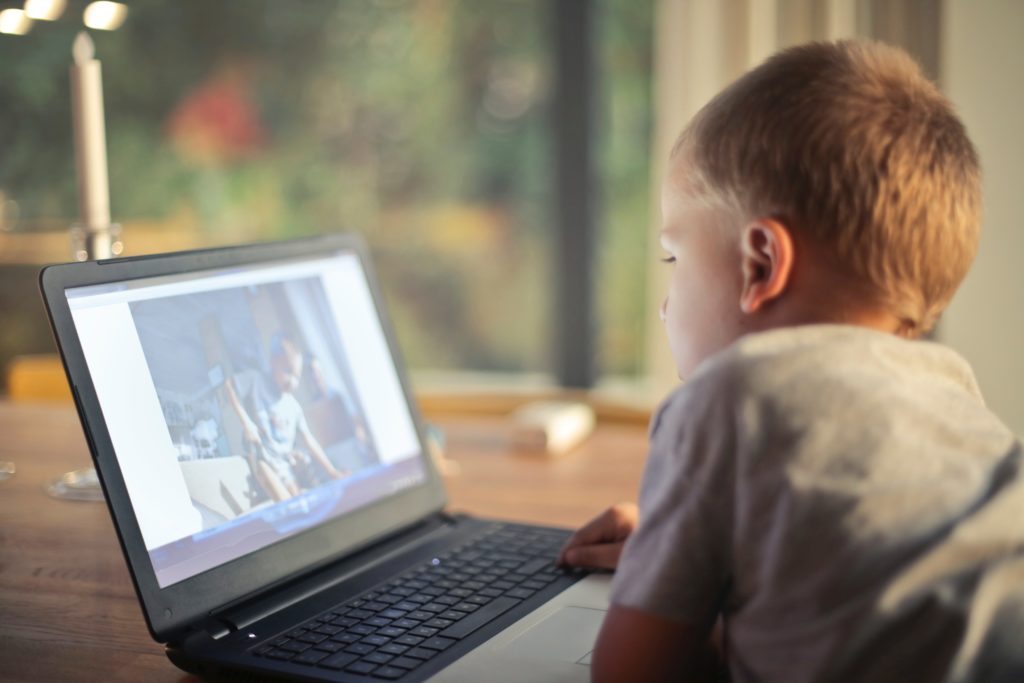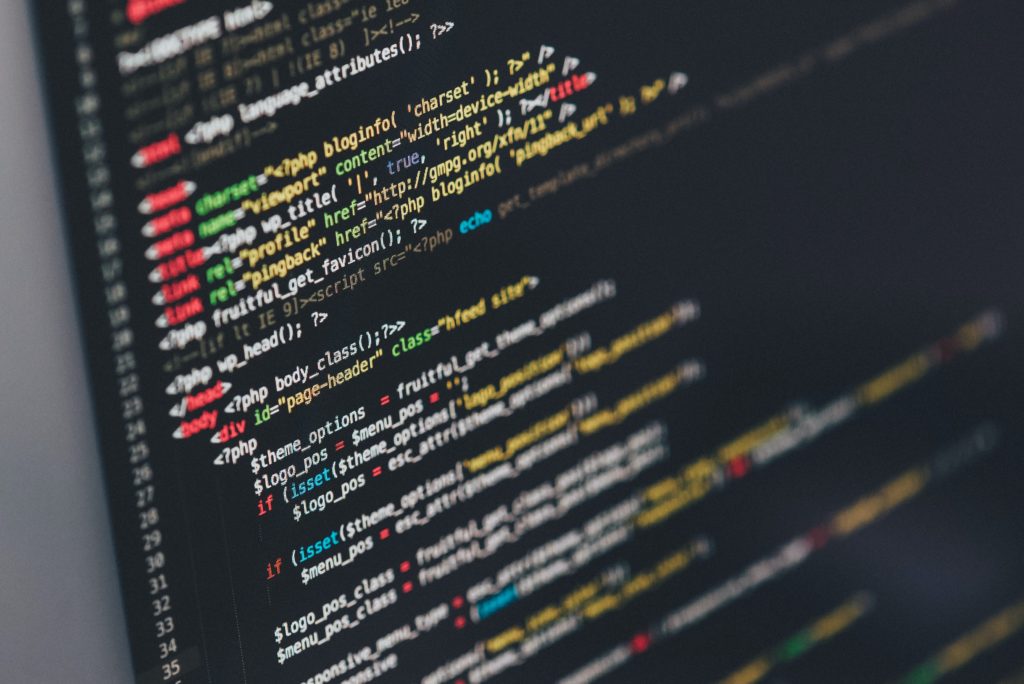Tech-Savvy or Tech-Dependent: Which one are you?

Our widespread adoption of technology may have fooled us into thinking we are tech-savvy. The truth is, most of us are so dependent on our smart devices that it is costing us our health and productivity.
For most of us, technology has become a prerequisite for our daily lives to run smoothly, and nothing has shed quite as much light on the utility, indeed the necessity, of technology as the current COVID-19 outbreak.
The power of technology

As every facet of life has had to adjust radically to a new normal of lockdowns and isolation, parts of the economy and society that are able to remain operational have communication technology to thank for their ability to survive this enormous disruption.
Computers and smart devices with their array of apps designed to allow conference calls, messaging and high-speed data sharing have empowered companies big and small to transform their mode of communication, execute operations, survive and even thrive.
They have given those of us fortunate enough to remain employed the luxury of working from home and staying in touch with our families and loved ones even if we may be physically separated from them.
As much as our lives have been affected in 2020, if this pandemic had struck even a decade ago, the world would not have coped nearly as well. Countless companies would have disappeared overnight and those of us in isolation would have felt even more alone. But during the COVID-19 crisis, as we become savvier with the available technologies, we are learning to adapt and are staying digitally connected for longer periods of time. Such is the power of technology.
With that said, let’s ask ourselves this: Are we truly making the best use of these technologies or of our time? Unfortunately, for many of us, the answer is, no. Why? Our device dependency may be to blame.
Savviness vs Dependence
It feels like we use our smart devices for everything doesn’t it?
We use them to document life’s most precious memories, get access to information instantly, keep track of our fitness journey, order food, clothes and everything in between. Each aspect of our lives fits nicely into the tiny app boxes in our phones and tablets, so much so that these pieces of technology start feeling like extensions of our bodies!
Being device dependent is exactly this; it is characterised by being over-reliant on your digital devices, to the point of feeling like you are unable to function without them.
That sense of dread that fills you when you realise you have left your house without your phone? That feeling of panic when the ‘battery level low’ notification pops up on your phone and there’s no charger in sight? These are all examples of being device dependent.
The dark implications of device dependency
Device dependency can cost us our health. Research shows that excessive dependency on digital devices, particularly smartphones, can lead to internet addiction and increases the risk of anxiety and depressive symptoms.
Beyond the toll device dependency can take on our mental health, it can also negatively impact our physical health. Long periods of smart device use on a daily basis can lead to muscular pains and strains which include, rounded shoulders, tenderness, stiffness, soreness and weakness in the neck, back and shoulder muscles, as well as reduced neck mobility, among others.
And naturally, in the long run, as our bodies and minds fall short of performing at their best, our productivity at work suffers. Ultimately, the technology that was created as a tool of empowerment for all of us, handicaps us by impeding on our health and efficiency as a result of the unhealthy relationship we form with it.
Tech-savviness on the other hand, is all about empowerment.
Being tech-savvy entails harnessing the power of technology to elevate our processes. That means effectively adopting technology to add value to every aspect of our lives – communicating, creating, learning, sharing and working.

And when it comes to productivity in the workplace, it pays to be savvy. Savviness breeds efficiency and in this day and age, efficiency is the name of the game – whoever can put out their best work in the least amount of time has the competitive advantage and will thrive. The key to being efficient is having a healthy relationship with technology. This means:
i. Cultivating a love for technology
ii. Investing in learning how you can best capitalise on the opportunities technology can create for you
iii. Creating well-defined boundaries with technology that ensure that you do not cross over into dependency. This entails adhering to the device-use guidelines which include: taking breaks between periods of device use (15-minute break after 2 hours of device use), adequate face-to-screen distance, i.e. at least 60cm between the face and computer screens and 30cm when using smart devices, a screen location of 15 – 20 degrees below eye level.
Beyond that, especially during this period of nation-wide lockdowns, avoiding developing a sedentary lifestyle while working from home is a must. Stand (or dance) while working, do push-ups in between periods of long hours behind the computer screen – whatever you can do to stay active.
Evolving from being dependent to being savvy
It is only when we are able to control our use of technology that we are able to unlock its benefits and maximise our potential. For many of us, the first step to this process is recognising that our widespread adoption of technology does not necessarily mean we are savvy; it just means we are over-reliant!
And until we are able to shift our perspective and take the appropriate steps to develop a well-balanced relationship with technology, it will continue to make tools of us.
Tools Designed for Healthier Eyes
Explore our specifically designed products and services backed by eye health professionals to help keep your children safe online and their eyes healthy.





